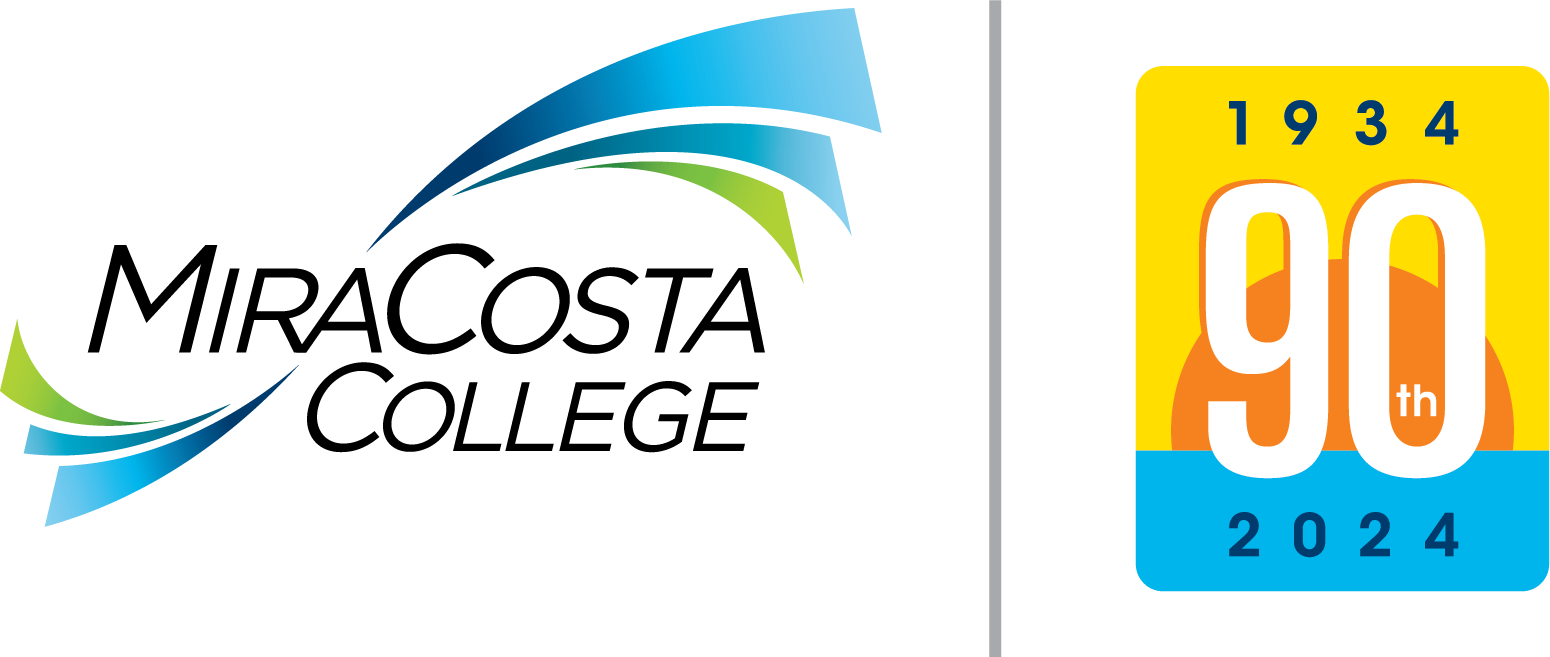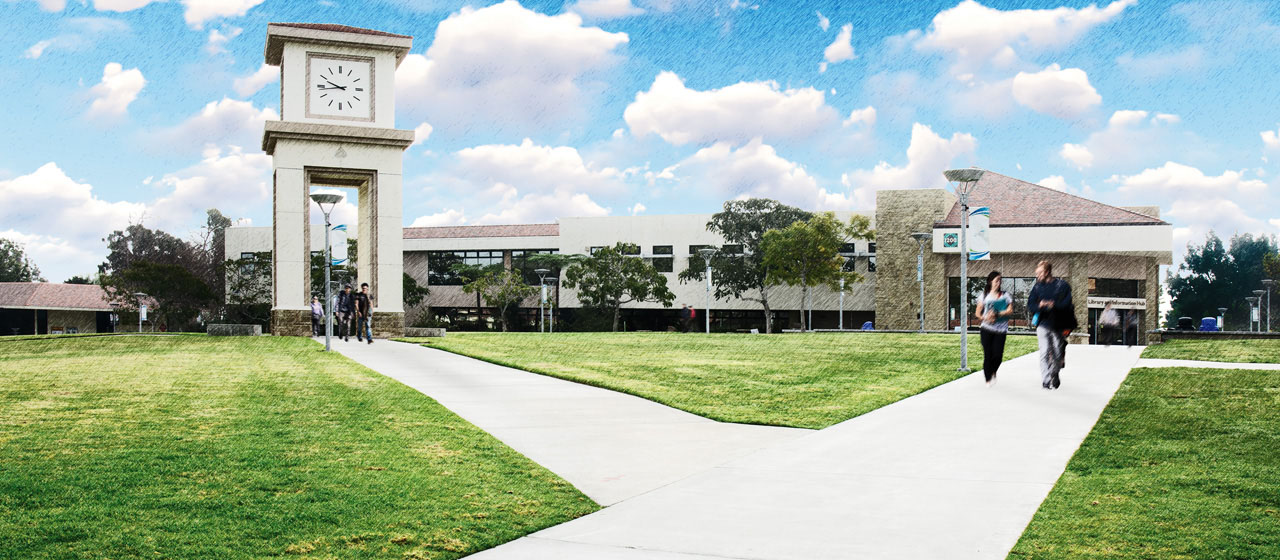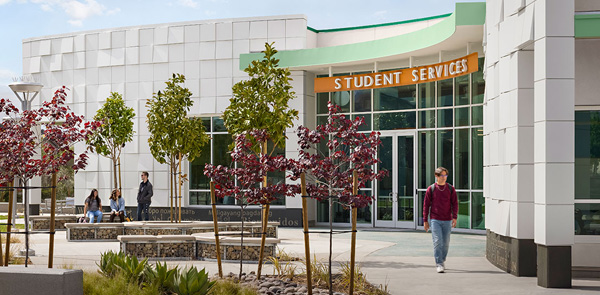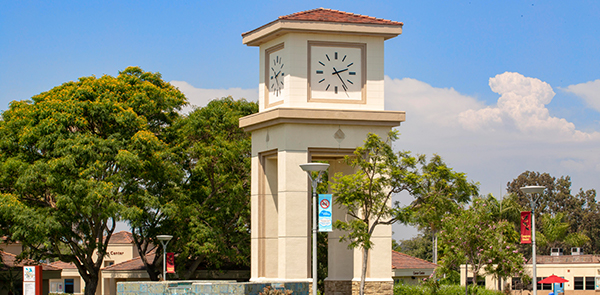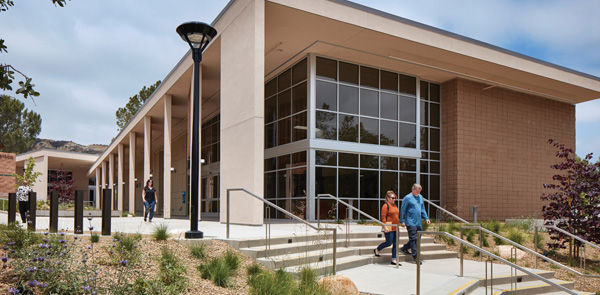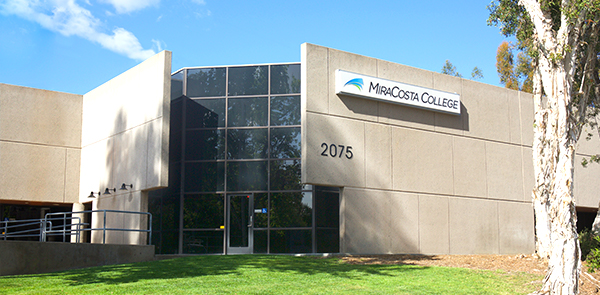A widely used Open Educational Resources (OER) definition comes from the Hewlett Foundation:
Open Educational Resources are teaching, learning, and research resources that reside in the public domain or have been released under an intellectual property license that permits their free use and repurposing by others. OER include full courses, course materials, modules, textbooks, streaming videos, tests, software, and any other tools, materials, or techniques used to support access to knowledge.
OER pioneer David Wiley developed the "5 Rs" of OER to provide further clarity:
The terms "open content" and "open educational resources" describe any copyrightable work (traditionally excluding software, which is described by other terms like "open source") that is licensed in a manner that provides users with free and perpetual permission to engage in the 5R activities:
- Retain - the right to make, own, and control copies of the content (e.g., download, duplicate,
store, and manage)
- Reuse - the right to use the content in a wide range of ways (e.g., in a class, in a study
group, on a website, in a video)
- Revise - the right to adapt, adjust, modify, or alter the content itself (e.g., translate the content into another language)
- Remix - the right to combine the original or revised content with other material to create
something new (e.g., incorporate the content into a mashup)
- Redistribute - the right to share copies of the original content, your revisions, or your remixes with others (e.g., give a copy of the content to a friend)
Open Educational Resources are always free. But "value-added" tools and services from printing OER texts, to homework systems that complement a free text, to technology platforms that help teachers design their own classes around a variety of curated resources can add a nominal cost for students in classes using OERs.
The California Community College Chancellor's Office defines Zero Textbook Cost (ZTC) programs as follows:
"Zero-textbook-cost degrees” means community college associate degrees or career technical education certificates earned entirely by completing courses that eliminate conventional textbook costs by using alternative instructional materials and methodologies, including open educational resources. Discretionary student printing of instructional materials shall not be considered a cost as part of this program.
ZTC courses thus may use OERs and/or other materials that are free for students such as resources available through the college library, freely accessed online materials, etc. California state law SB 1359 requires that by January 1, 2018 all CCCs and CSUs:
identify in the online version of the campus course schedule its courses that exclusively use digital course materials, as specified, and communicate to students that the course materials for these courses are free of charge and therefore not required to be purchased.
Creative Commons Licensing and Fair Use
It is important to be familiar with Creative Commons (CC) licenses and how they relate to your rights and responsibilities as a user or creator of OER.
Many creators of OER, as well as a variety of digital media, use CC licenses to designate the specific permissions granted to those who would use the work. This not only provides clarity about how the work may be used and attributed, but also makes it easier to discover the resources through searching.
Most if not all education-related grant programs at the federal and state level now require any educational materials created through grant funding to have a CC-BY license, meaning that any and all of the work may be freely used (in any of the 5 R ways listed above), as long as attribution to the original author is included.
Remixing various source material into a work that you'd like to consider an OER can be complicated. Creative Commons' Best Practices for Attribution provides guidance for incorporating CC-licensed work. The Code of Best Practices in Fair Use for Open Educational Resources can help when using non-CC-licensed material.
Research on Impact of OER / ZTC Adoption
Increasingly, research is demonstrating that OER use has a positive impact on student access and success. Some of the emerging findings include:
- Students and faculty generally perceive OER as equivalent in quality to traditional texts
- Students view faculty who adopt OER positively
- OERs drastically reduce the number of students who attempt to complete a class without ever acquiring their own course text
- OERs make it much more likely that students will have access to course materials from the beginning of the class
- OERs enable students to take more courses by reducing the financial burden, enabling more students to stay on track and complete educational goals in a timely fashion
- OERs enable students to pursue courses and programs in disciplines known for having higher course material costs
Go in depth with CCCOER's research resources.
Ready to Learn More?
See the Faculty Support page for upcoming in-person and online workshops, as well as links to independent online "courses" for faculty wanting to learn more about Open Educational Resources.
